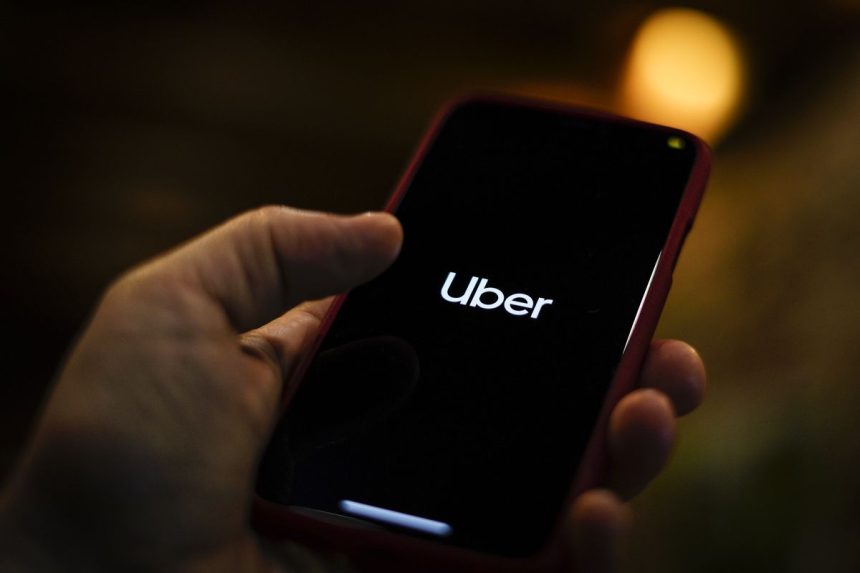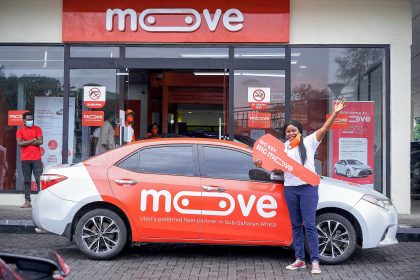On a wet Friday morning, Tech Nova attended a media briefing organised by Uber Ghana at their Greenlight office near the Trade Fair in Accra. The media briefing was to discuss the issue of safety and the initiatives that Uber Ghana has put in place to safeguard riders and driver partners.

The session was lead by Jessica Poku (Uber Ghana Country Manager), Lola Kassim (Uber West Africa Manager), a Rita Adu Boateng (Head of Marketing and Communication for Old Mutual) and Dominic Kormedollah-Dortumor (Uber Team Lead).
Safety Features
Uber discussed some of their safety features including partnering with an insurance partner namely Old Mutual, to protect riders and drivers during their trips. For riders, there is a 50,000 GHC cap for insurance in cases of accidents during trips.
During the briefing, Uber also emphasized on the fact that riders and driver partners can report incidents and issues through the app.
Most riders do tend to complain more on social media when an incident occurs. There is a social media team that monitors any mention of Uber related incidents in which a member of their social media reaches out to get more information and create a “ticket” to address the issue.
But Uber would like more feedback through their app with the in-app support feature (More on the in-app support feature)
Driver Partner Safety
In terms of driver safety, Uber has put in some measures to safeguard their drivers. One measure is Driver Hour Limits. Uber drivers can drive for only 12 hours after which they are temporarily locked out for 6 hours before they can continue driving.

This measure was put in place because of some reports of drivers driving for a long stretch of hours without resting.
Drivers can also set Driver Destination which allows them to be able to get trips which only go in certain directions or routes.
How “Damaged” Is Uber’s Reputation In Ghana?
With all their safety initiatives, Uber is trying to respond to rider and driver feedback about making the platform a safe bet. But is it enough to clean up the brand in its current state?
Of course, bad driver and rider behavior are not only on Uber. There are other competitors in the market such as Bolt (formally Taxify) and Enshika who have had similar stories about drivers also behaving badly on their platforms. But Uber gets the bigger spotlight because they’re the biggest brand.
Uber’s reputation is currently taking hits in Ghana because of the stories of “Uber drivers being rude, aggressive etc” as well as the other stories of drivers sexually harassing female passengers and sometimes vice versa.
There always seems to be occasional social media story about rude drivers as well as the sexual harassment of female passengers. But the only way Uber can handle the situation is through the app and feedback from drivers. I’m sure if Uber can have all Uber drivers install cameras in their cars for monitoring purposes, they would enforce that.

Uber does have a vetting process that driver partners go through including background checks and car inspections. But once on the road, drivers aren’t really on a leash. The only way Uber can affect drivers is with it’s “Rating System” and the in-app features. But an argument is being made that Uber needs to go further. The question is, how can Uber go about that?
Are The Uber Complaints Just White Noise Or Something Bigger?
So how damaged is the Uber brand in Ghana? There’s no way to tell because Uber doesn’t release numbers on how many drivers they have at the moment and how many riders use it frequently. Uber also can’t reveal how many riders have been deactivated or kicked off the platform for bad behavior.
If Uber was to leave the Ghanaian market tomorrow, they will be sorely missed. It’s not a perfect service and you might not always get the best drivers but people have talked about good experiences. From having great conversations, getting great service, having lost items returned, the Uber service does provide some relief for most people
Of course, bad driver and rider behavior are not only on Uber. There are other competitors in the market such as Bolt (formally Taxify) and Enshika who have had similar stories about drivers also behaving badly on their platforms. But Uber gets the bigger spotlight because they’re the biggest brand.
Again, it’s hard to gauge how many complaints Uber gets about their service because they don’t release stats or numbers. Most of the time, their best bet is to research through social media. But then again, platforms like Twitter represent only a small percentage of Ghana so it’s hard to really say that Uber has a giant problem.
But as long as social media pushes the narrative, Uber will always be on their toes. The question is just how rampant the problems are.
It’s All About The Feedback
In the end, Uber can only respond and fix problems if they get feedback from the general public and their drivers. The tech lead I spoke to said the amount of feedback they receive on their app is low. Social media is a great platform for bringing awareness to certain issues but not all of them might be tracked if the Uber team is not aware of them.
But I will give Uber credit for pushing their initiatives. It’s not all rosy and perfect but when you think about what the state of transportation looked like before Uber entered the market, it’s almost like night and day. The convenience of pressing a button on your phone and getting notified that you have a driver on the way to take you to your destination is a great feeling.
If Uber was to leave the Ghanaian market tomorrow, they will be sorely missed. It’s not a perfect service and you might not always get the best drivers but people have talked about good experiences. From having great conversations, getting great service, having lost items returned, the Uber service does provide some relief for most people.
I once had a conversation with someone about international brands having their reputation “Ghanaianized“. Basically, it means having your brand/reputation take a hit because individuals who operate your service don’t hold the brand to a higher standard as you want.
I think Uber is going through a similar phase of “Ghanaianization” of their brand. But it’s really up to the folks using the service to point out the bad ones ruining the brand so that change can be done to make the service better for everyone.










